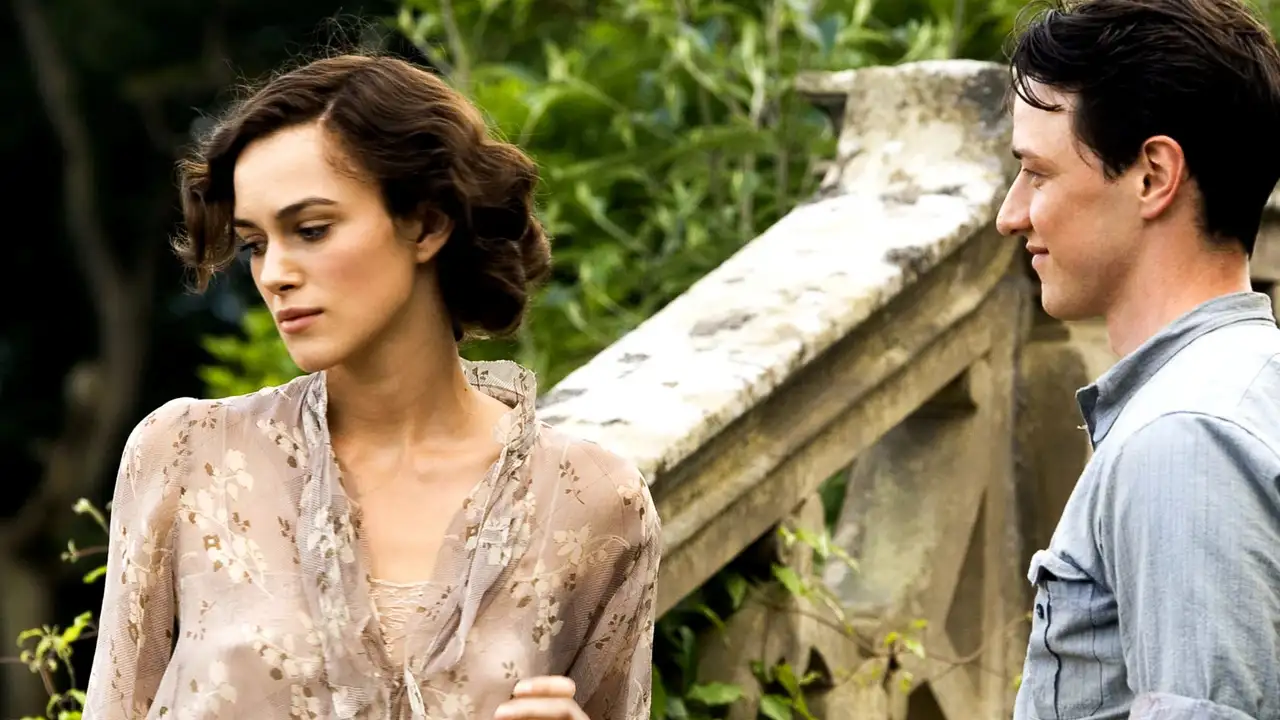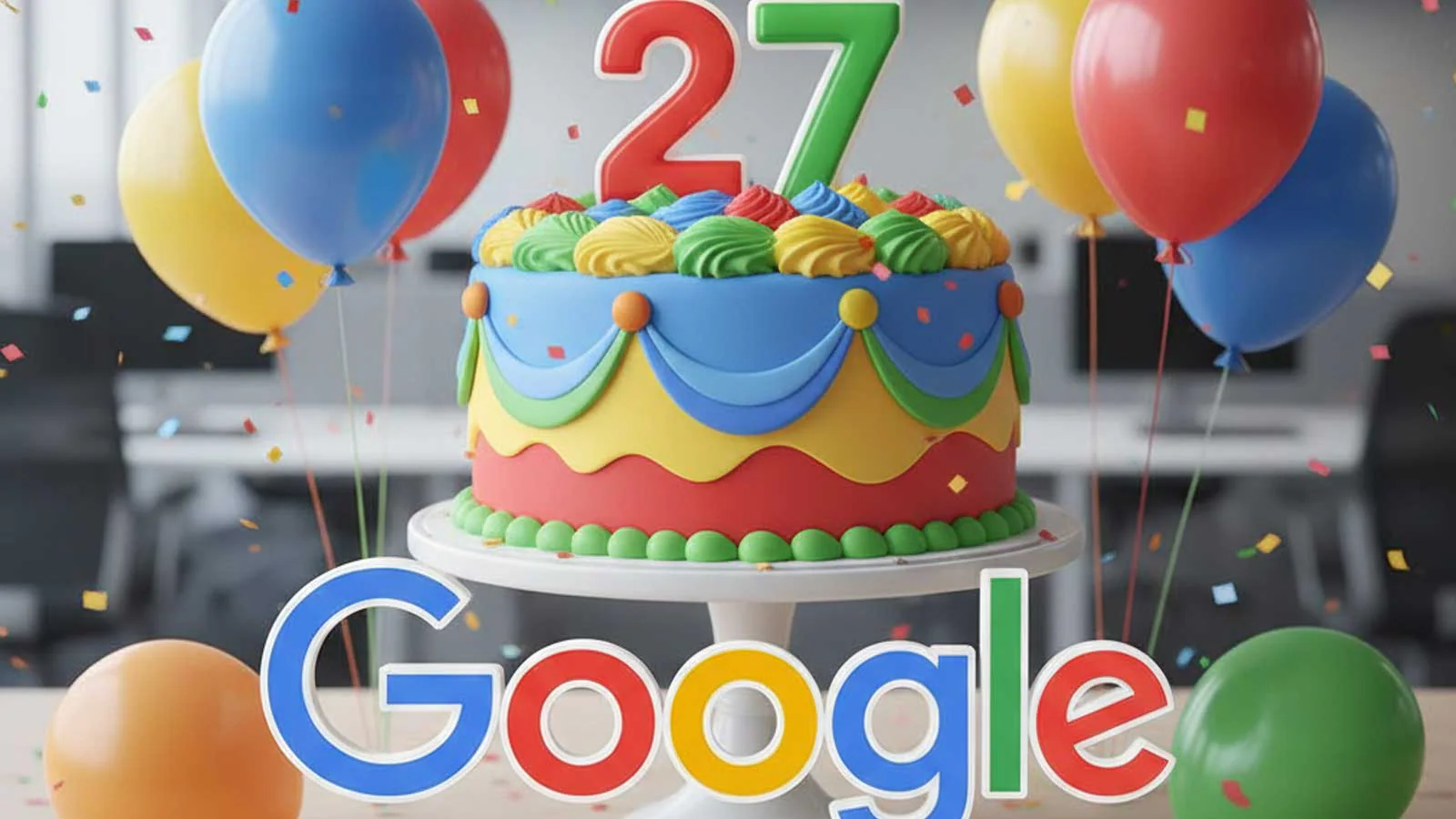Copyright timesnownews

Few novels leave readers reeling long after the final page, not because of what happens, but because of what is revealed. Ian McEwan’s 'Atonement' is one of them. The 2001 novel is a masterpiece of misperception and guilt, unravelling how a single lie can destroy multiple lives. Its 2007 film adaptation, directed by Joe Wright, received critical acclaim, seven Academy Award nominations, and universal praise for its elegance and emotion. Yet for all its beauty, precision, and haunting performances, the film could never quite capture McEwan’s most devastating twist: the moment the story reveals itself as a confession. Also Read: Did 'The Book Thief Film' Adaptation Forget the Very Voice That Made the Novel Unforgettable? The Story Beneath the Story At first glance, 'Atonement' seems to be a period love story interrupted by war. Thirteen-year-old Briony Tallis misinterprets an intimate encounter between her sister Cecilia and the housekeeper’s son, Robbie Turner. When a crime occurs later that night, Briony’s false testimony condemns Robbie and tears the lovers apart. What follows is a journey across class, time, and conscience, with McEwan guiding readers through guilt and the desperate human need for redemption. Joe Wright’s adaptation captures this with remarkable fidelity. Keira Knightley and James McAvoy embody the doomed lovers with palpable tension, while the film’s visual language, from the tracking shot at Dunkirk to the washed-out greys of war and the warm sunlight of memory, translates McEwan’s atmosphere with painterly control. Yet Atonement was never only about events. It was about the act of telling itself, about how stories distort, comfort, and betray. That is where the novel’s final revelation exists, and where cinema inevitably falters. A Twist of Conscience, Not Plot McEwan’s final act dismantles everything that precedes it. In the novel’s closing pages, the elderly Briony reveals that she is the author of the story we have just read. Robbie and Cecilia did not, in fact, reunite and survive the war. They both died years earlier. The ending readers believed in, the moment of reconciliation, was fiction within fiction, a last attempt by Briony to grant them, and herself, a measure of peace. This revelation transforms 'Atonement' from tragedy into self-examination. The story becomes a question about moral authority: can art ever make amends for real harm? Briony’s atonement is not forgiveness, but imagination, her final act of creation as an apology. On the page, this hits with quiet devastation because readers realise they have been complicit. We wanted the happy ending. We believed in it. And in doing so, we mirrored Briony’s own act of rewriting truth to soothe guilt. Why Cinema Struggles with Self-Consciousness Film is inherently literal. It shows rather than tells. Where McEwan’s prose can shift seamlessly between memory, reflection, and unreliable narration, the camera must choose what to depict. Once it shows Robbie and Cecilia together on screen, alive and happy, the image carries an authority that the novel intentionally undermines. Joe Wright attempts to preserve the twist by placing Vanessa Redgrave’s older Briony in a television interview, where she admits that her book’s ending was imagined. It is a powerful scene, but its effect is softened by the medium itself. The viewer sees the fantasy unfold before being told it is false. The visual evidence lingers, stubbornly persuasive. Unlike prose, film cannot make you unsee what it has shown. McEwan’s language, on the other hand, uses distance and ambiguity to control emotion. His sentences hold contradictions: guilt wrapped in beauty, sorrow filtered through intellect. The revelation comes not with shock but with dawning comprehension. It asks readers to reassemble everything they thought they knew, a process that happens internally, privately. No image can replicate that mental collapse. The Limits of Empathy on Screen What makes the book’s twist unforgettable is that it blurs the line between empathy and deceit. Briony’s attempt to write a better ending is both cruel and compassionate. She gives Robbie and Cecilia happiness they never had, but she also erases their suffering. McEwan forces readers to confront how easily empathy can become manipulation. Cinema thrives on emotion, but it often simplifies moral complexity to achieve it. Wright’s adaptation succeeds in making us feel, with its score, cinematography, and performances, yet it cannot make us wrestle with the ethics of feeling in the same way. In prose, readers must question their own complicity. In film, the emotion is guided. The viewer experiences catharsis, not guilt, and that difference changes the story’s weight entirely. The Genius of McEwan’s Restraint McEwan’s genius lies in restraint. He withholds the truth until it hurts, but never resorts to melodrama. When Briony finally confesses, it is not dramatic; it is devastating in its calm. She admits that all she can offer is a version of atonement through art, a fragile gesture against the permanence of loss. On the page, this stillness allows readers to sit with their discomfort. In film, however, stillness risks anticlimax. The audience expects release, resolution, or revelation. McEwan’s ending offers none. It offers awareness. Also Read: How the Jane Eyre Adaptations Compare to the Classic Novel The power of 'Atonement' lies in what it refuses to resolve. McEwan does not forgive Briony, and he does not let us forget her crime. The novel’s twist is not an event, but an understanding that stories can heal and harm in equal measure. The film, beautiful as it is, must commit to an image, while McEwan’s words linger in the uncertain space between guilt and grace. Perhaps that is the point. 'Atonement' was never meant to comfort. It was meant to remind us that the past cannot be rewritten, only reimagined, and even that act of imagination comes with a price. In the end, Briony gives Cecilia and Robbie what she cannot give herself: peace. The reader is left holding what the screen cannot show, a quiet ache that has no closing scene.



